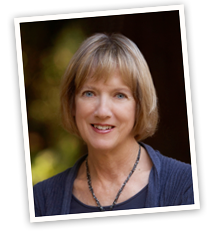Frequently Asked Questions
for One Summer in Arkansas
- What with the references to small town Arkansas, Stanford Law School and Silicon Valley, this sounds like an autobiography. Is Riverton really Texarkana and is this about your own life?
It's easier to write about what you know, so the places and people in the book certainly tap into memories of what I've experienced in my life. But it's a story, drawn from my imagination and intended to take the reader on a journey that will be interesting and moving. If you think you're in the book, analogies to anything that really happened are purely coincidental and pulled from somewhere deep in the subconscious.
- M.J. Addison keeps returning to feelings generated one summer at place called Camp Ariadne. Where do those images come from?
From a place called Camp Joyzelle in the Arkansas Ozarks somewhere near Rogers and the AQ Chicken House and now, I think, covered by Beaver Lake.
- Religion keeps popping up in this story — everything from high Episcopalian to tent revivalism to the church's enduring role in holding the black community together. The characters seem perpetually lost in a struggle between modern secularism and attraction to/rejection of religion. What are you trying to say?
Nothing really. Religion has played a big part in my life and I guess I've had some of my own struggles with it. But having lived part of my life in a place where religion was central to the way of life and in another place with more secular values, I guess I find the role of religion in modern life interesting.
- Sometimes it seems like you are comparing small town Arkansas unfavorably with the culture of the San Francisco Bay Area and sometimes it seems like you are more drawn to the traditional values of the South compared to the secular, wealth-driven culture of California. Were you intentionally trying to draw a contrast?
Not necessarily. Although you couldn't pick out two places in the country farther apart politically and socially, I'm more struck by how people are the same than how they are different. The real values — what you hope for your children and grandchildren and what kind of country you want this to be — are pretty much the same. It wouldn't sound that way, though, if you listened to a town hall meeting in both places about politics or religion. It's one of the sad things about the way we communicate these days.
